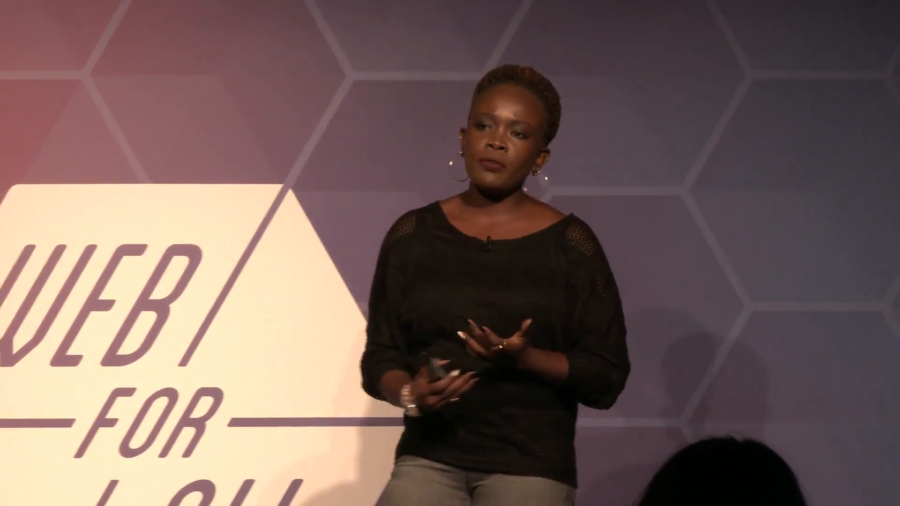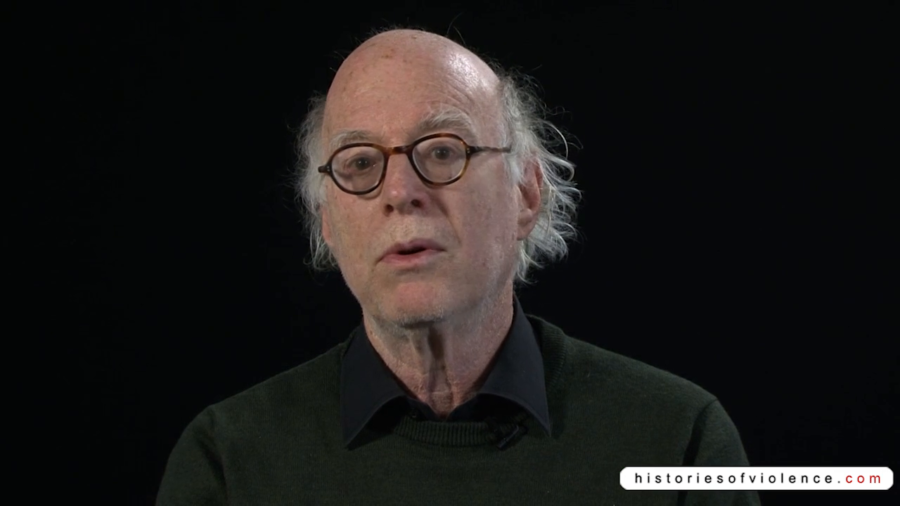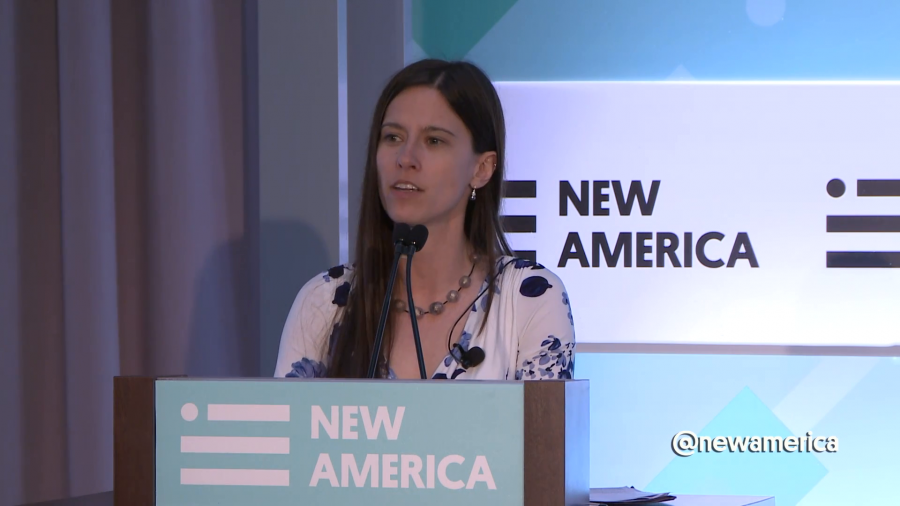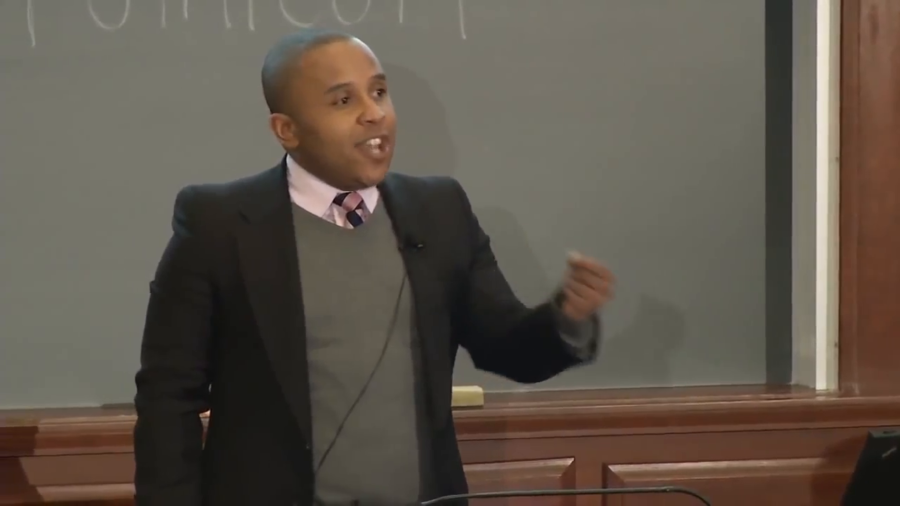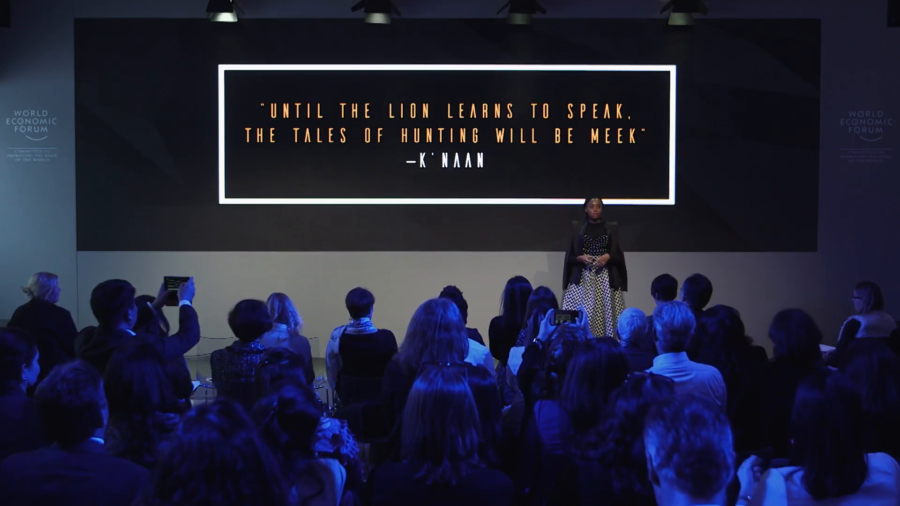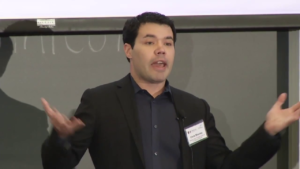I found that research globally is pointing out that women are 50% less likely to be connected to the Internet. And not just that. Even when they’re connected they’re 30 to 50% less likely to use it for personal empowerment. So much for Web For All, right?
Religion and World Politics part 8
presented by Stephen Chan
One of the key differences between Islamic scripture and Christian scripture is that Islamic scripture (the Koran) was meant to have been revealed to the prophet Muhammad during his adult lifetime. It was not meant to have been revealed to a number of people over many thousands of years. Read more →

